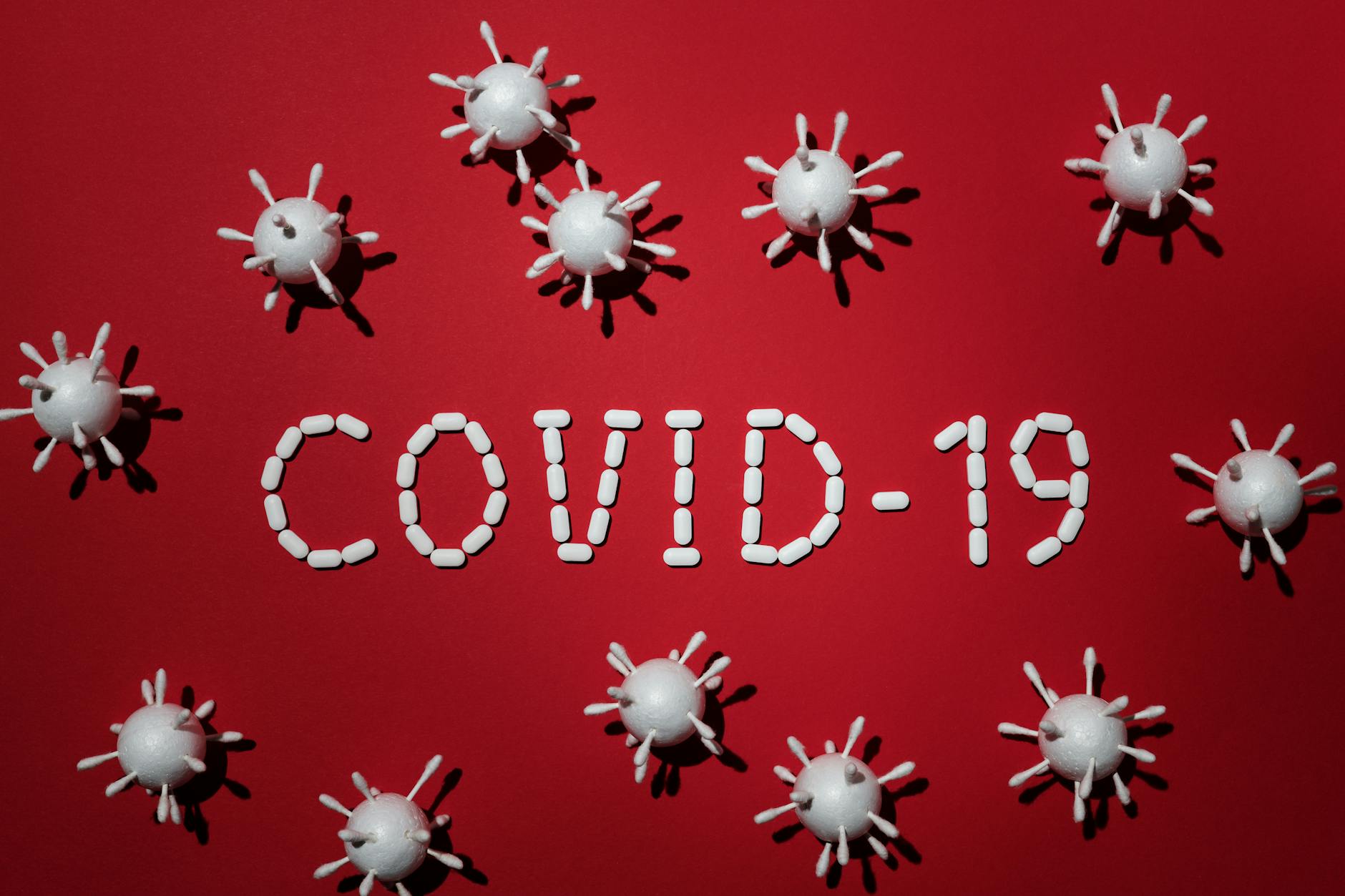Discover the secrets to banishing BV for good with these expert tips on treatment and prevention of bacterial vaginosis.
Table of Contents
Bacterial Vaginosis (BV) is a common vaginal infection caused by an imbalance in the normal bacteria in the vagina. While BV is not a sexually transmitted infection (STI), it can increase the risk of contracting STIs and other complications if left untreated. In this comprehensive guide, we will explore the causes, symptoms, treatment options, and preventive measures for BV.
BV: Understanding the Basics
BV occurs when there is an overgrowth of harmful bacteria in the vagina, disrupting the natural balance of bacteria. This can lead to symptoms such as unusual discharge, itching, and a fishy odor. While BV can affect women of all ages, certain factors such as douching, new sexual partners, and smoking can increase the risk of developing BV.
Seeking Treatment for BV
If you suspect you have BV, it is essential to consult a healthcare provider for an accurate diagnosis. Treatment for BV typically involves the use of antibiotics, which can be prescribed in the form of oral medications or vaginal gels/creams. It is important to complete the full course of treatment as prescribed by your healthcare provider to ensure that the infection is fully cleared.
Preventing Recurrence of BV
To prevent the recurrence of BV, there are several steps you can take. Avoid douching, as this can disrupt the natural balance of bacteria in the vagina. Practice safe sex by using condoms to reduce the risk of introducing harmful bacteria into the vagina. Wear breathable cotton underwear and avoid tight clothing to promote good vaginal health.
Natural Remedies for BV
In addition to conventional treatments, some women find relief from BV symptoms by using natural remedies such as probiotics, tea tree oil, and boric acid suppositories. While these remedies may help alleviate symptoms for some individuals, it is essential to consult with a healthcare provider before trying any new treatment to ensure it is safe and effective.
Healthy Lifestyle Habits for Vaginal Health
Maintaining a healthy lifestyle can also contribute to good vaginal health and reduce the risk of developing BV. Stay hydrated, eat a balanced diet rich in fruits, vegetables, and whole grains, and practice good hygiene habits. Avoid using scented products in the vaginal area, as these can disrupt the natural pH balance and lead to infections.
| Treatment | Prevention |
|---|---|
| Antibiotics prescribed by a healthcare provider | Maintain good hygiene habits |
| Over-the-counter medications may help relieve symptoms | Avoid douching and scented products in the vagina |
| Probiotics to restore healthy vaginal bacteria | Practice safe sex |
| Identify and address any underlying health conditions | Wear cotton underwear and breathable clothing |
When to Seek Medical Attention
If you experience persistent or severe symptoms of BV, such as intense itching, burning, or abdominal pain, it is crucial to seek immediate medical attention. These symptoms may indicate a more serious infection or complication that requires prompt treatment from a healthcare provider.
Conclusion
Bacterial Vaginosis is a common vaginal infection that can cause discomfort and impact your overall quality of life. By understanding the causes, symptoms, treatment options, and preventive measures for BV, you can take control of your vaginal health and reduce the risk of developing BV in the future. Remember to consult a healthcare provider for an accurate diagnosis and personalized treatment plan that meets your individual needs.
FAQs
Can BV go away on its own?
Answer 1: BV may resolve on its own in some cases, but it is recommended to seek treatment to prevent complications and recurrence.
Is BV sexually transmitted?
Answer 2: BV is not classified as a sexually transmitted infection, but certain sexual behaviors can increase the risk of developing BV.
Can BV cause infertility?
Answer 3: While BV itself does not directly cause infertility, untreated BV can lead to complications that may affect fertility.
Can BV be cured permanently?
Answer 4: BV can be effectively treated with antibiotics, but it can recur. Practicing good hygiene and lifestyle habits can help prevent future episodes of BV.





